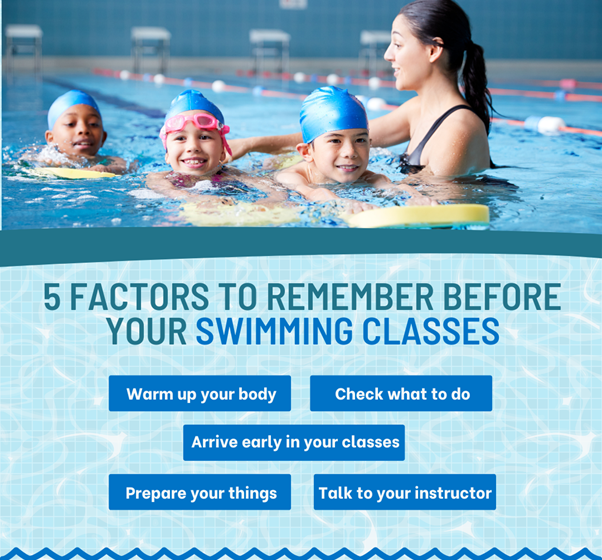Pursuing a degree in early childhood education is not just about understanding theories and concepts. A significant pitfall students often fall into is underestimating the importance of practical experience. While theoretical knowledge forms the foundation, real-world application is crucial.
Students sometimes focus excessively on classroom learning, neglecting the practical aspects such as internships and hands-on training. This imbalance can lead to difficulties when transitioning from academic environments to actual early childhood education settings. Engaging in practical experiences helps in understanding children’s behaviours, learning patterns, and developmental stages in a realistic context.
Moreover, practical experience enriches a student’s CV and prepares them for the challenges of working in early childhood education. For those in a bachelor of early childhood education or a masters in early childhood education, actively seeking internships, volunteer opportunities, and fieldwork can significantly enhance their professional readiness.
Poor Time Management
Time management is a critical skill for students in both bachelor of early childhood education and masters in early childhood education programs. The demanding coursework, combined with the need for practical experience, can be overwhelming.
Many students struggle to balance their academic responsibilities with other commitments. Procrastination often leads to rushed assignments and subpar work quality. Developing a structured schedule that allocates sufficient time for studying, practical work, and personal activities can mitigate this issue.
Effective time management not only improves academic performance but also reduces stress. Tools such as planners, calendars, and time-tracking apps can assist students in staying organised and meeting deadlines consistently.
Neglecting Research Skills
A common mistake among students pursuing a degree in early childhood education is underestimating the importance of strong research skills. Both bachelor and masters in early childhood education programs require a significant amount of research to support learning and professional practice.
Students often focus on completing assignments without delving deeply into research methodologies. This oversight can lead to superficial understanding and lower-quality work. Developing robust research skills is essential for writing well-informed papers, understanding the latest developments in early childhood education, and implementing evidence-based practices.
Taking advantage of resources such as academic journals, online databases, and library services can improve research proficiency. Engaging in research projects and collaborating with peers or faculty members can further enhance these skills.
ALSO READ: Benefits of Studying Early Childhood Education
Failure to Engage with Peers and Faculty
Another mistake students make is failing to actively engage with their peers and faculty. Networking and building relationships within the academic community are vital components of both bachelor and masters in early childhood education programs.
Some students isolate themselves, missing out on valuable insights and support from their peers and instructors. Participating in study groups, attending seminars, and seeking mentorship can provide different perspectives and enhance learning experiences.
Engagement with faculty members can also open doors to research opportunities, professional connections, and career advice. Building a strong network within the early childhood education field is beneficial for academic success and future career prospects.

Overlooking Professional Development
Many students in early childhood education programs overlook the importance of continuous professional development. Completing a degree in early childhood education is just the beginning; the field requires ongoing learning and adaptation to new practices and regulations.
Staying updated with current trends, attending workshops, and obtaining certifications can significantly enhance a professional’s competence and career opportunities. Students should cultivate a habit of lifelong learning and be proactive in seeking out development opportunities.
Professional development not only improves individual skills but also contributes to the quality of education provided to young children. Being well-informed and skilled ensures that educators can deliver the best possible care and education to their students.
Conclusion
Avoiding these common mistakes can significantly enhance the experience and outcomes for students pursuing a bachelor of early childhood education or a masters in early childhood education. By prioritising practical experience, managing time effectively, developing strong research skills, engaging with the academic community, and committing to ongoing professional development, students can set themselves up for success in their educational and professional journeys.
For those looking to embark on or advance their career in early childhood education, consider exploring the programs offered by Asian International College. Visit the college’s website today to learn more about their degree in early childhood education and take the first step towards a rewarding career.




